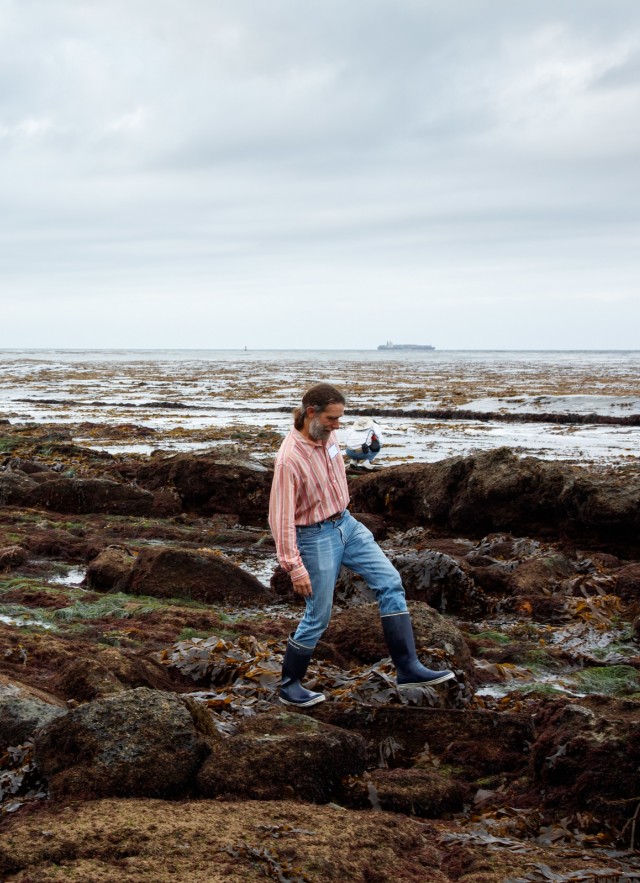Extended Specimen Lecture Series - Part III: Biodiversity from Molecules: Environmental DNA

Date
There are no future occurrences of this event.
Location
Tickets
To RSVP, please email the Fellows Office at fellows@nhm.org
Natural History Museums are built literally and figuratively around their collections. As we seek to make new discoveries using NHMLAC's 35 million objects and specimens, questions often arise about the environment in which they were collected. In a global effort to overcome these challenges and collaborate with peer institutions, there is growing excitement around the idea of "extended specimen network".
Join us for a three part lecture series to learn about the scientists and researchers working to integrate contextual information, link it to specimens, and make it available to all.
Part III: Biodiversity from Molecules: Environmental DNA with Rachel Meyer
Hosted by Dr. Regina Wetzer and Dean Pentcheff
To manage our coastal environment, we need to track changes in what lives there. Fro years, our studies have relied upon using laborious and costly sampling techniques like netting, dredging and diving to collect single specimens that would then need to be identified by highly trained taxonomists.
Thankfully a new technology, environmental DNA (eDNA), enables researchers to use a sample of seawater to inventory entire marine communities by collecting and sequencing the DNA organisms shed into the water.
On July 23, join Dr. Regina Wetzer, Curator of NHM's Marine Biodiversity Center, and Deal Pentcheff, DISCO Project Coordinator, for a conversation with Rachel Meyer, Adjunct Assistant Professor, Ecology & Evolutionary Biology at UC Santa Cruz.
We'll learn how eDNA technology dramatically improves our ability to see how marine communities are responding to environmental change by using an expanded view of what constitutes a "specimen".